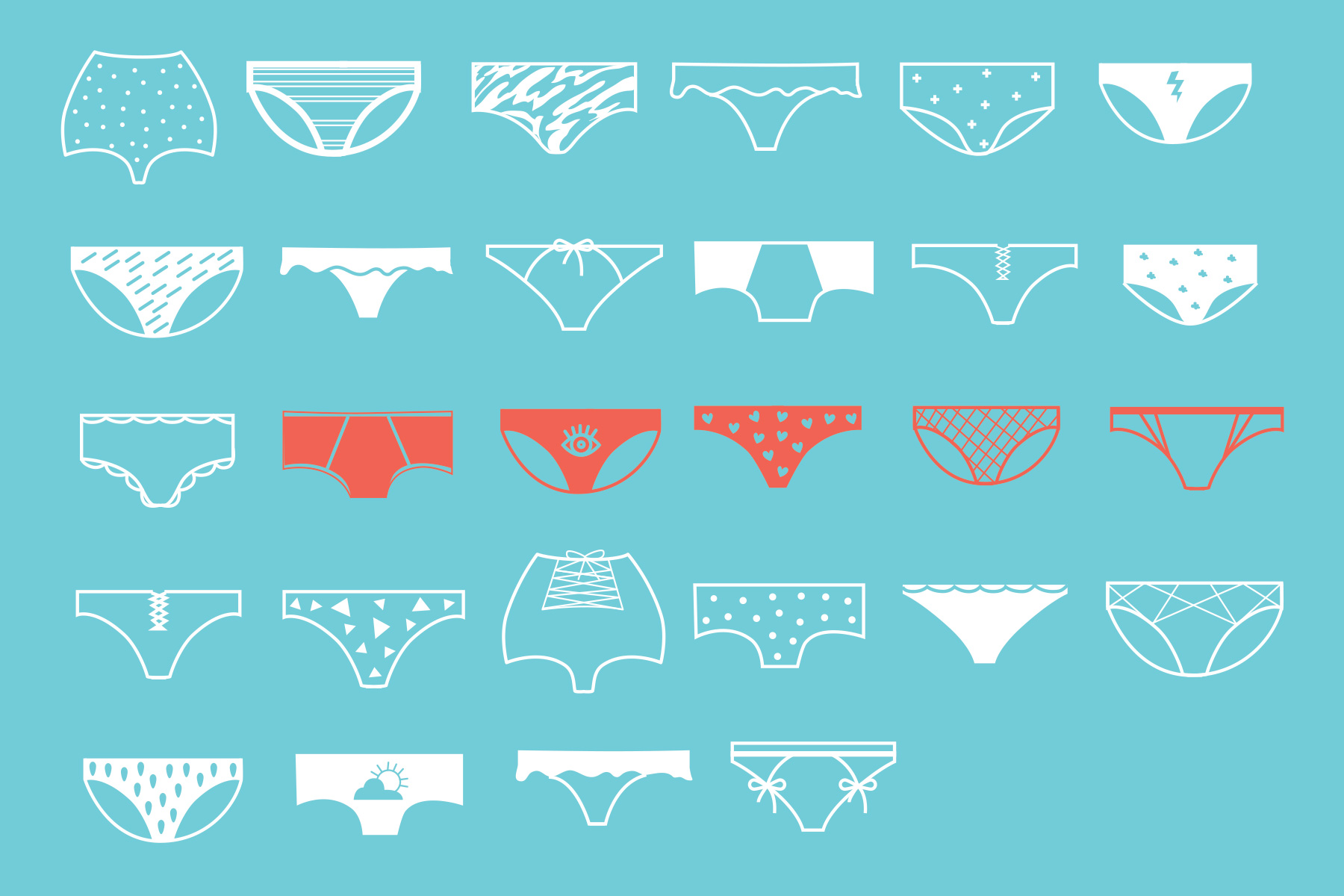Periods are universal, but a woman’s individual experience differs depending on where she lives.
by Anna Meyer
From pads and tampons to menstrual cups, there are an extensive number of feminine products to choose from in the U.S. This vast availability partially has to do with how open our culture is to talking about and educating women on their periods, at least compared to where many other countries currently stand. Commercials for Always and Playtex air on television, yet realistic, even artful exploration of what periods actually look or feel like are censored. It’s ironic how the industry advertises a solution for something many are not even willing to look at, at least in the mainstream (side note: check out this niche #periodzine campaign on Indiegogo right now).
There seems to be something for everyone, but that accessibility changes depending on where you live. The Period Store is a monthly subscription service that was started by two women who wanted to make preparing for your period a more pleasant experience. The online store offers a reinvented way to receive your desired products each month. Additionally, the company maintains a blog (“The Periodical”) that features a series of “Periods Around the World” posts, wherein bloggers discuss how women experience their periods in cities outside the U.S. and interview women to gain further insight. The posts have become an inside look at a topic that is relatively kept on the down-low, and they’re a fascinating read for anyone who has experienced their own personal shark week.
“Periods Around the World” inspired me to dig a little deeper into this variant cultural phenomenon. In addition to examples from “The Periodical,” I’ve rounded up some of the most current and interesting takeaways on period self-care around the world.
Taiwan
In Taiwan, women avoid tampons because of concerns about infections, and they aren’t allowed to go to temple while menstruating. In fact, a lot of religions have specific guidelines about how a woman is allowed to worship during her time of the month.
Canada
Luckily for Canadians, having your period has become less expensive as the Canadian federal government has stopped taxing feminine hygiene products as of July 1. Since they now consider tampons, pads, and other products items of necessity, Canadian women can rejoice in spending less money. Canada exempts items that the government sees as essential products for living from a “Goods and Services” tax of 5 percent the original price. It’s nice to see tampons finally added to a list that already included essentials like cocktail cherries and cake decorations.
France
In another “Periods Around the World” post, French artist and designer Mildred describes seeing feminine products as a fashion accessory. She tells of women using pads stamped with Christian Lacroix logos or hand-stitched cloth pads with printed fabrics. In France, she doesn’t consider any cultural taboos to be related to periods. “I would say that we talk about it more and more. Advertisements tend to highlight the freedom of women,” she explains.
Lativia, etc.
In many places, such as Latvia, conversations around women’s sexual health are only shared between a woman and her mother or doctor, resulting in a very reserved cultural attitude toward menstruation. Not talking about a woman’s period can lead to misconceptions about menstruation, which is dangerous since menstrual hygiene is fundamental to a woman’s healthy lifestyle.
India
Lately, a country that’s in the spotlight when it comes to discussing periods is India; period talk is taboo there and is rarely discussed or explained to women. Anisha Bhavnani wrote a personal essay on the topic for CNN earlier this year, and addressed the stigma head on. “I refuse to be treated as less capable, weaker, dirty or impure for being a woman,” she writes. “God loves all his children: rich or poor, man or woman, menstruating or not. … I bleed. Deal with it.”
[hr style=”striped”]
Anna Meyer is a journalism student at the University of Kansas. An arts enthusiast from Minneapolis, Minnesota, she previously worked as a correspondent for KU’s chapter of “Her Campus.” You can follow her on Twitter and Instagram.



